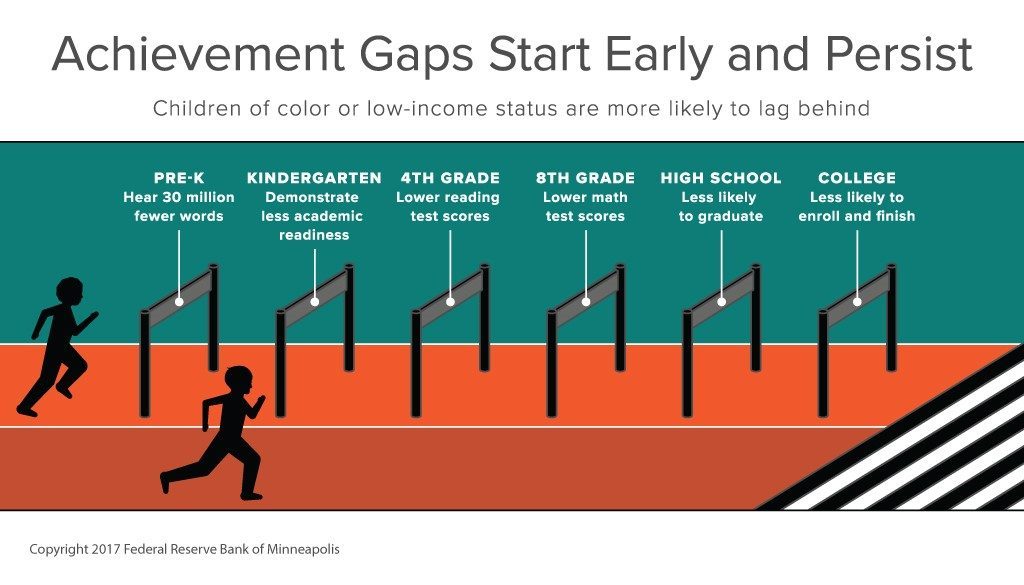Introduction
The American educational system is both recognized as a system that perpetuates inequality, yet can uplift the most marginalized and disenfranchised groups. In my experience and many others like mine, it has done both. My research will explore the complications and benefits of what I call, accelerated educational access programs (AEAPs). These AEAPs, such as Prep for Prep and NJ SEEDS, take low-income students from disadvantaged backgrounds and develop their academic and leadership skills in preparation for admissions into elite, prestigious, and wealthy educational institutions. While setting these students up on the elevator to success, it is important to study how these programs either address or fail to address the identity, class, and race conflicts that the students may encounter at their new schools. My research topic will be investigating the roles that AEAPs have in fostering upward mobility in the larger context of the educational system through interviews, surveys, and document analysis.
Why is this relevant to me?
I participated in an AEAP from the 5th-8th grade that prepared me for admissions into a prestigious PWI highschool. I sacrificed beloved activities such as baseball and summers at my Godparents’ house in Lawrence, MA, and became accustomed to the idea of having the next four years of my life planned out. The director individually counseled me through the high school admissions process, and I became comfortable in the physical spaces of privilege. Only after we had graduated from the program and enrolled in PWIs had we realized the unspoken consequences of upward mobility. I recognized that my AEAP failed to prepare my friends and me to successfully transition culturally, and socially into these spaces alongside students of more privileged backgrounds. The cultural shock I experienced challenged my identity and isolated me within my high school and from my community. During my first-year seminar, “Sociology of Campus Life” with my mentor Professor Ingrid Nelson, we engaged with Anthony Jack’s concept of the “privileged poor”. This past summer I read The Privilege Poor and it clarified the experience I had in high school and revealed the privilege I had gained that would prove useful at Bowdoin.
While Jack focused on the transition from high school to college I believe that there is a gap in the literature regarding the role of AEAPs in creating generations of the “privileged poor”.
This realization is the motivating factor of my current independent study under my advisor Professor Doris Santoro. As a part of my independent study, I am collecting oral histories of Bowdoin students who identify as being low income, first-gen, and an alumnus of an AEAP. I hope to collect their stories in order to give them a chance to reflect on their experience and analyze them through a sociological and philosophical lense of education. Throughout my research I hope to establish an informed and conscious road map of upward mobility that can guide AEAPs on their mission to give students hope for a better life.
